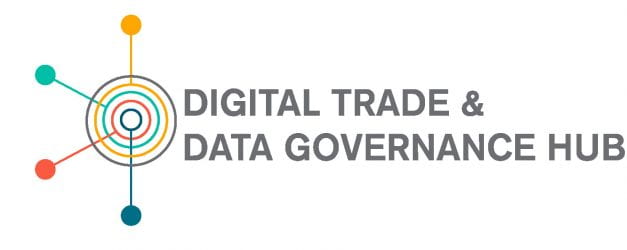Data is the most collected, analyzed, shared, and/or traded goods or services around the world. Despite its ubiquity, data governance is a relatively new governance responsibility for many countries. We know little about how nations govern various types of data at the national and international level and what that means for the achievement of other important policy goals. Data governance, however, is a relatively new governance responsibility for many countries.The OECD defines data governance as principles, policies, standards, laws, regulations, and agreements designed to control, manage, share, protect, and extract value from various types of data.2 The World Bank also notes that the data driven economy can only be sustained by a robust legal and regulatory data governance framework.3 However, there is no roadmap for data governance.
To provide greater insights into what governments are doing, the Data Governance Mapping Project at the Digital Trade and Data Governance Hub aims to illuminate whether and how countries govern three different types of data: personal, public, and proprietary, at the national and international levels. The project was funded by grants from the IDEA 2030 research initiative, funded by Mastercard Center for Inclusive Growth, at The Fletcher School at Tufts University; the Institute for Data, Democracy, and Politics at GW; and the GWU Center for International Business.
Click here to access the full report on the Digital Trade & Data Governance Hub's website.


